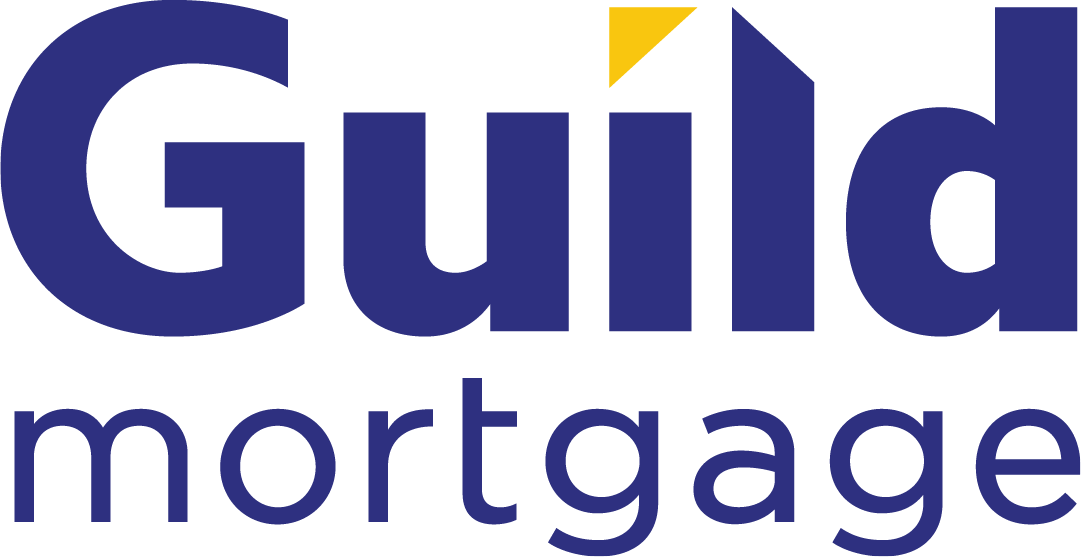
Unlocking Financial Freedom in Retirement: The Baby Boomer’s Home Equity Story
The baby boomer and flower child generation have aged gracefully, amassing the most equity of any generation. As most of them transition into retirement or contemplate the ideal time to embark on their “golden years,” some are delaying their retirement due to the prevailing economic challenges. The primary concern for many revolves around having sufficient financial resources to support their desired lifestyle.
In 2023, a study by Redfin revealed that the baby boomers are believed to collectively hold an astonishing $18 trillion in home values across the nation. This staggering statistic implies that most of these homeowners of retirement age possess substantial equity, and they might not even be aware that they qualify for a reverse mortgage. The Home Equity Conversion Mortgage (HECM), insured by FHA/HUD, provides homeowners aged 62 or higher with the opportunity to complete a reverse mortgage on their primary residence. Furthermore, in recent years, a new proprietary reverse mortgage product has entered the market, extending eligibility to homeowners as young as 55.
If only the baby boomers were aware of a way to unlock their retirement and leave behind their financial worries. Fortunately, the HECM reverse mortgage offers them the possibility of living mortgage payment-free* while potentially providing a line of credit for home improvements, credit card debt consolidation, car loan repayment, or even the purchase of an RV or motorhome for countrywide travel. Sometimes, pride becomes an obstacle. In my 13 years of experience in the reverse mortgage field, I’ve encountered a plethora of reasons why individuals believe it’s not the “right time” to explore this option. They often postpone until they encounter a situation where they feel it’s absolutely necessary, such as a reduction in fixed retirement income, the loss of a spouse’s income due to divorce or bereavement, or substantial medical expenses. Whether they worry about their children’s approval, hold misconceptions about reverse mortgages, or perceive it as a last resort, these concerns can result in more financial stress than necessary, impeding their retirement enjoyment.
A frequently asked question is: “When is the right time to consider a reverse mortgage?” The straightforward answer is as soon as you meet the minimum age requirement of 62 and have sufficient equity to complete a reverse mortgage. If you fall into this category and own a home with substantial equity or one that’s mortgage-free, there’s no need to delay exploring the possibilities of a reverse mortgage. It can serve as a strategic financial tool to unlock happiness and cover significant expenses, including in-home care, often required later in life. I’d be delighted to explain how this loan aligns with your unique circumstances. Once you are informed, you might be inclined to leverage the benefits of a reverse mortgage. Life is fleeting, so why not utilize one of the most substantial assets that many homeowners possess—their home equity—to savor life on their terms? Baby boomers hold the key to unlocking the splendid retirement they rightfully deserve.
Important information:
At the end of the reverse loan term, some or all of the property’s equity won’t belong to the borrower, and they may need to sell or transfer the property to repay the proceeds of the reverse mortgage. Guild will add the applicable reverse mortgage origination fee, mortgage insurance premium, closing costs, or servicing fees to the balance of the loan, which will grow, along with the interest, over time. Interest isn’t tax deductible until all or part of the loan is repaid. Failing to pay property taxes, insurance, and maintenance might subject the property to a tax lien, foreclosure, or other encumbrance since the borrower retains the title.
Fixed-rate and adjustable-rate reverse mortgages are insured by the FHA. Fixed-rate loans are distributed in a single lump sum with no future draws. Adjustable-rate reverse mortgages offer five payment options and allow for future draws. The age of the youngest borrower determines the amount of funds that can be received with a reverse mortgage loan. The amount of funds that can be received during the first 12-month disbursement period is subject to an initial disbursement limit.
These materials are not from HUD or FHA and were not approved by HUD or a government agency. Borrowers must maintain the property and most current payments of property taxes, homeowner’s insurance, and HOA dues.
*Borrowers must maintain the property and most current payments of property taxes, homeowner’s insurance, and HOA dues.

